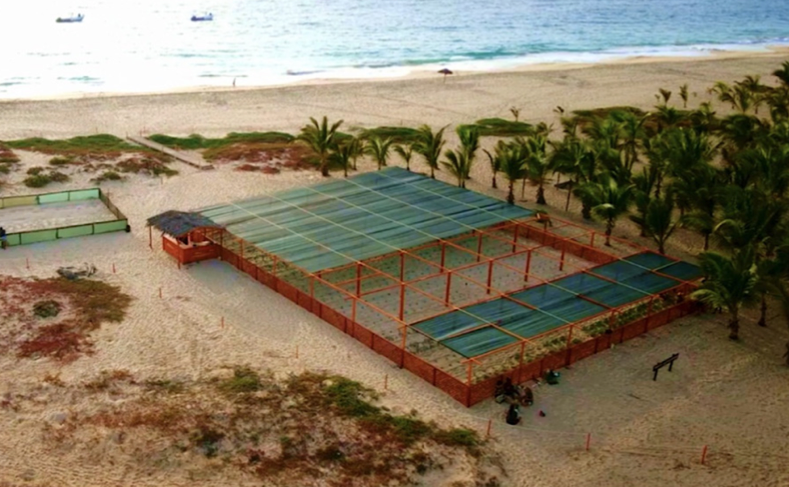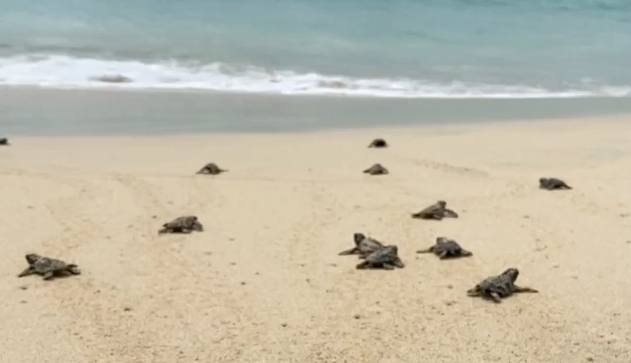Climate Change and Sea Turtles
Threats to biodiversity have escalated in recent years, and therefore science and innovation are urgently needed to help protect endangered species. Molecular tools can aid critical conservation efforts. For example, the sex of sea turtles is determined by the temperature of incubation of the eggs, but, with global warming, populations are experiencing an extreme feminization of their population to the risk of producing only one sex - leading populations to extinction.
To understand the risks of population feminization, we developed a portable sequencing solution to identify biomarkers for monitoring population sex ratios of baby turtles without the current need to sacrifice them. Here, we will showcase the new genomic sexing method and show how, in the field, our team of scientists and conservationists use evidence-based management plans to protect sea turtles.
What we are showing at the event: We enable attendees to 'swim with turtles' using virtual reality headsets and to meet our team demonstrating the new genomic technology for sexing baby turtles.

Experimental hatchery of Project Biodiversity

Neonate turtles entering the ocean after hatching
Collaborate with us:
Please find more information and join as an affiliate at the Centre for Biodiversity and Sustainability.
Find out more about the Turtle Project and see our case study with the National Co-ordinating Centre for Public Engagement.
Contact: Prof Christophe Eizaguirre, Dr James Gilbert, Eugenie Yen, Sam Shrimpton

